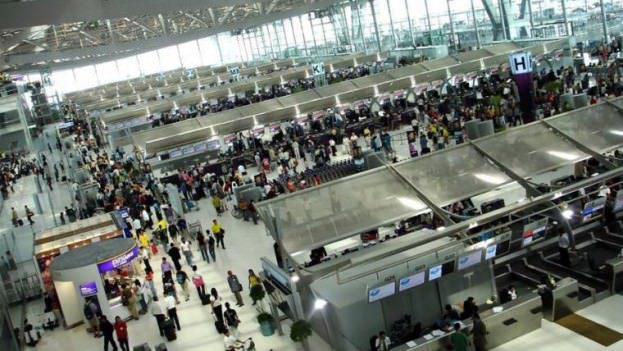
We’ve all had that nagging feeling before leaving to the airport. The “am I forgetting something?” notion that pervades our psyche just as our taxi is pulling into the driveway. Worst yet, our subconscious is right most of the time and we often don’t realize it until we are well on our way through security and there is nothing we can do about that “thing” we forgot to do or pack before the trip. While we do agree that travel is about the journey, and not the destination, we still think everyone needs a little reminder every now and then about what to do before a trip. One thing is forgetting your toothbrush, but blowing up your i-Phone because you didn’t check the voltage in your destination is a fiasco we are trying to help you avoid. After traveling to over 56 countries, David Hoffmann shares his best pre-travel tips:
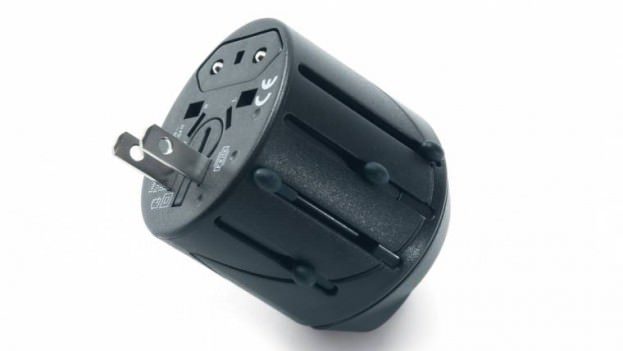
This may sound like a “duh” to most of you, but it’s easier than you might think to get confused with this one. Our mobile devices and household appliances make our lives easier, which is why it’s important that we learn how to use them properly overseas. For example, American appliances work on 110 volts while European appliances work on 220 volts. Most new appliances are dual voltage, which means they will work in both United States and Europe. You still will need an adapter, which changes the American two square prong plug into the European two round prong plug, also known as the “Europlug.” If your appliance is not dual voltage, you will need to buy a travel converter, which converts the current for you.
It is important to note that Continental Europe has different plugs than the U.K. We recommend buying a universal adapter.
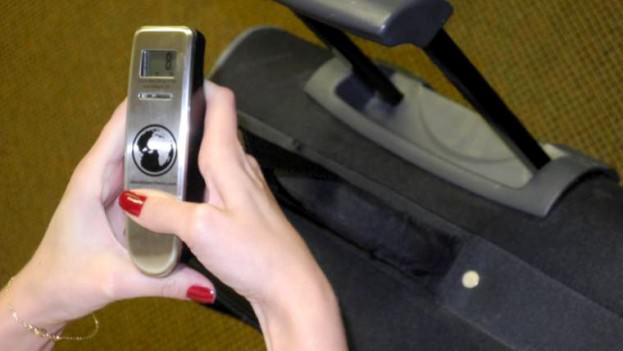
Some of us have become so accustomed to booking flights over the internet on secondary websites such as Kayak or Expedia, we can sometimes forget to check directly with the airline carrier about what the rules are for baggage allowance and boarding passes. This travel tip is for saving you money! Some budget airlines like RyanAir will charge you extra ($75 – $100) for not printing your boarding pass prior to check-in. Also confirm with the airline about baggage allowance. Carriers like Vueling won’t allow you on board with more than two pieces of hand luggage (one brief case or purse and one small 22-pound suitcase). Excess baggage also comes at a huge cost these days, which is why you can’t go wrong with a portable digital luggage scale.
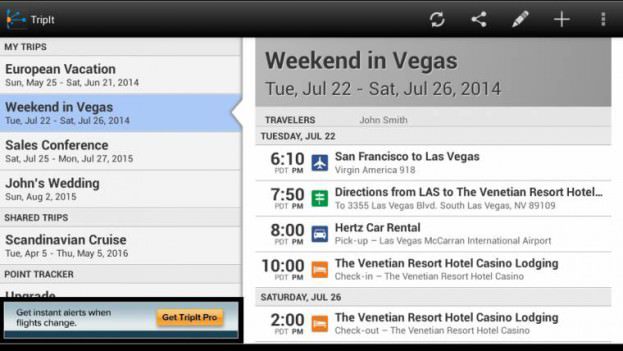
Okay, so now you have everything booked – hotel, rental car, flights, tours, etc. What you should do next is ditch the post-it notes and insert all of your confirmation and reservation numbers into one of our favorite travel apps, TripIt. It is ideal for any stage of the travel planning process. If you have not yet started booking anything, TripIt can automatically scan your e-mails to retrieve booking numbers and confirmation codes, which it then uses to build your itinerary. What you get is an organized travel plan that you can access from your mobile device.
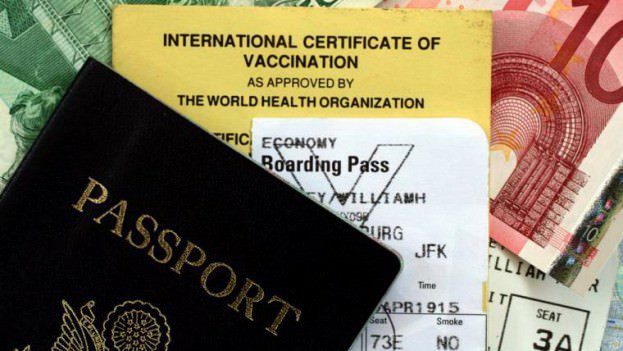
As a way to ensure your safety while traveling abroad, educate yourself about any potential health risks. The most dangerous situations are many times completely avoidable. For instance, there are many countries where Malaria is endemic such as in Bolivia, Belize, India, and Thailand. In these places putting on mosquito repellent is a must, and some travelers opt for prophylaxis treatments. Based upon your destination, you should find out which vaccinations are needed to stay safe. With all of the Obamacare exemptions coming into the picture, it may actually be financially feasible to see a doctor.
Some African countries like Rwanda, Kenya, and Sudan and South American countries including Brazil, Venezuela, and Colombia are Yellow Fever zones. Though chances are you will not contract the virus, they are known to have high rates of transmission. In the case that your destination has health risks, it is best seek advice at your local travel clinic. Here you will be able to discuss potential health risks with your doctor and receive any necessary immunizations for your trip. We recommend consulting the CDC website to see if you will need to visit a travel clinic. If you want all your bases covered, get travel insurance. World Nomads has affordable policies, but remember to read all the fine print so that you won’t have an issue with your claims. Most travel insurance policies will not cover pre-existing conditions such as Migraine headaches or pay for routine dental cleanings, but the majority will reimburse for lost or stolen luggage and flight cancellations. Travel insurance is meant to cover urgent medical problems and real emergencies.
It is important to remember that the key to a perfect vacation is to start your planning well in advance. The whole point is for us to enjoy ourselves, not stress about the little things. By taking care of some of these pesky travel details before your trip, you are setting yourself up for a stress-free holiday.
Do you have any of your own travel tips to share? Leave us a question or comment below!
Counter
101 Countries • 1432 Cities
Southern Cross Travel Insurance – Jetset Lifestyle Blog says:
[…] Views Readers of David’s Been Here know that I recommend travel insurance for every trip. Travel insurance is an important financial tool for travelers because it covers […]
lola says:
ah yes. medical issues. i need to make appointments soon for the Mongol Rally.
davidsbeenhereblog says:
Thanks for commenting Lola. Yea travel insurance is something I recommend for every trip. You never know when your going to need it!